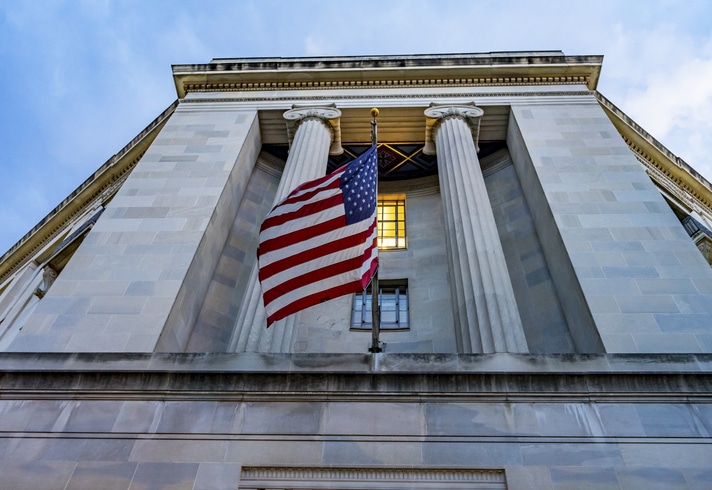On April 23, Siri Nelson, Executive Director of National Whistleblower Center (NWC) was joined by Forbes Top 200 Attorney and whistleblower law expert Stephen M. Kohn of Kohn, Kohn, & Colapinto (KKC) for a webinar discussing the Department of Justice’s (DOJ) forthcoming whistleblower award program.
The webinar was held in response to Deputy Attorney General Lisa Monaco’s recent keynote address, where she announced a “90-day sprint to develop and implement” a DOJ-run whistleblower rewards program as a new strategy against corporate misconduct. According to Monaco, “The premise is simple: if an individual helps DOJ discover significant corporate or financial misconduct — otherwise unknown to us — then the individual could qualify to receive a portion of the resulting forfeiture.”
According to Nelson and Kohn, the program is a monumental step in the right direction, inspired by the clear successes of the SEC, CFTC, and IRS’s whistleblower programs in combatting misconduct and in safeguarding whistleblower rights. Unfortunately, Nelson and Kohn contend, it may not be as simple as Monaco claims. The Deputy Attorney General’s description is how the program ideally should work; however, they explain that without the incorporation of key elements, the program will not reach its full potential.
During the webinar, Kohn and Nelson advocate for four elements to be included:
- Anonymous and Confidential Reporting Channels: Kohn and Nelson explain that, as mandated under the Anti-Money Laundering (AML) Act of 2020 and in line with proven Dodd-Frank programs, the DOJ must offer anonymous and confidential reporting channels. These channels not only minimize the risk of exposure—which otherwise deters many potential whistleblowers—but, in turn, the risk of losing invaluable insider information. As Kohn emphasizes, over half of the awards granted in Dodd-Frank cases were issued to anonymous whistleblowers, underscoring how important anonymous whistleblowers are to successful prosecutions.
- Establishment of a Whistleblower Office: In parallel with the SEC and CFTC, the DOJ must establish a dedicated whistleblower office to handle an expected influx of whistleblower cases (assuming program efficacy), maintain consistency and compliance with anonymity and confidentiality requirements, and coordinate cases amongst agencies and offices, Kohn and Nelson claim.
- Inclusion of Whistleblowers Involved in Criminal Misconduct: According to Kohn and Nelson, the DOJ must follow other whistleblower programs and extend whistleblower eligibility to individuals involved in (but not the primary perpetrators of) misconduct to obtain the highest quality of information and maximize the chances of successful prosecution.
- Mandatory Whistleblower Awards: Kohn and Nelson claim that to ensure adequate incentives for whistleblowers to come forward, the program must set mandatory awards between 10-25% of collections. To determine how to exercise its discretion within this range, the DOJ should model its guidelines after those stipulated by the SEC, they argue.
By taking these steps, Kohn and Nelson argue, the DOJ can empower whistleblowers, strengthen accountability, and safeguard global democracy.
To ensure that the DOJ realizes the potential of its program before the conclusion of its 90-day sprint, Kohn and Nelson implore U.S. individuals to send a letter template to DOJ leaders, the Executive Branch, and Congress.
